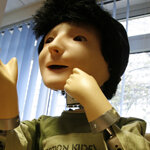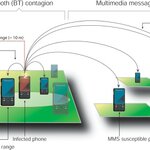
DHS Begins Test of Biometric Exit Procedures at Two U.S. Airports, the next step toward deploying biometric exit procedures for international travelers.
The U.S. Department of Homeland Security (DHS) today began collecting biometrics - digital fingerprints - from non-U.S. citizens departing the United States as part of a pilot program at Hartsfield-Jackson Atlanta International Airport and Detroit Metropolitan Wayne County Airport. Since 2004, biometrics have helped DHS prevent the use of fraudulent documents, protect visitors from identity theft and stop thousands of criminals and…


